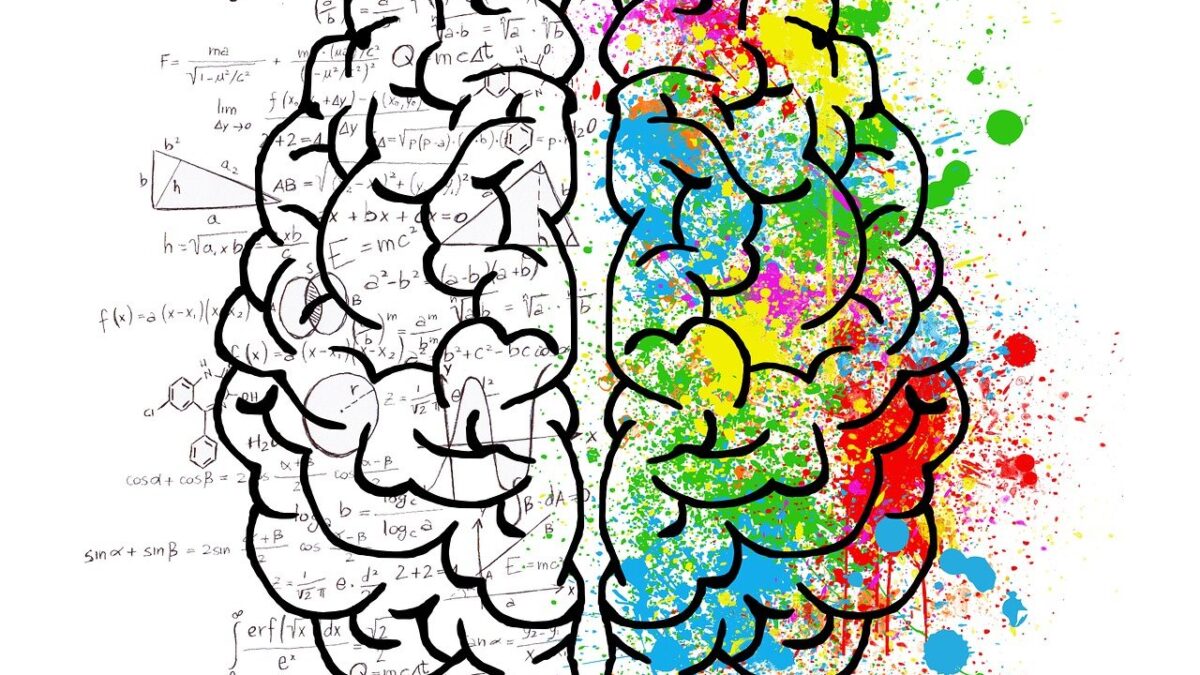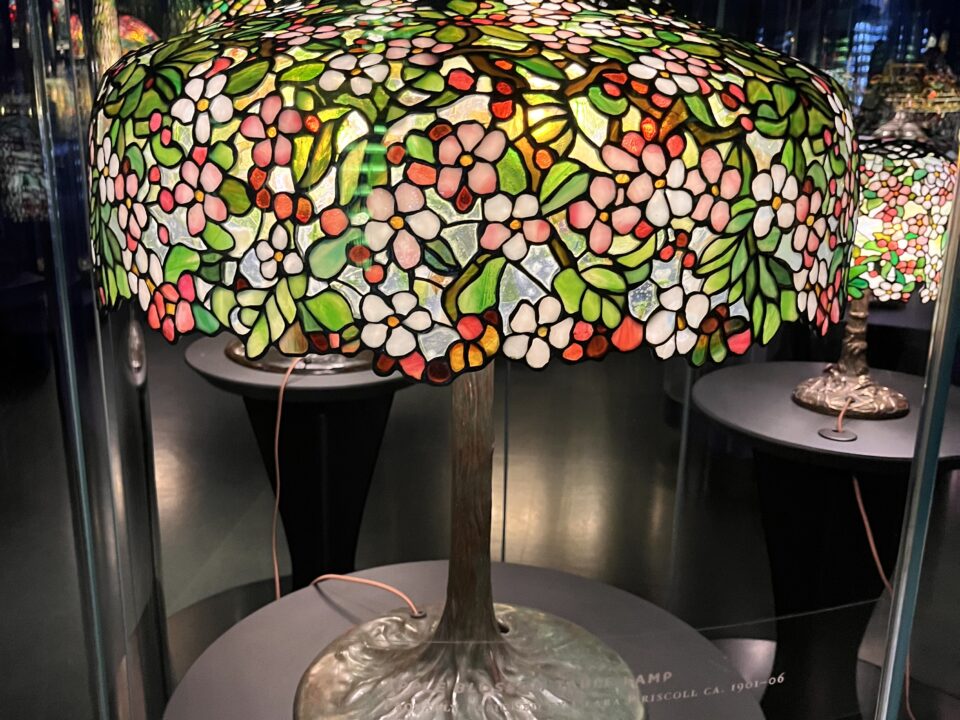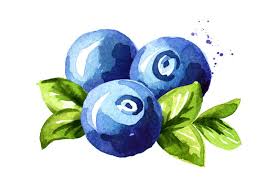
Dadhood: My Friend Ruby Guest Essay #10
May 3, 2024
How to Kill a Dragon
May 27, 2024By Kathleen Collins
I was mired in the sanctity of facts and truth for a long time – as a journalism student, a fact checker, and then an academic librarian. During that particular phase of my life, I hardly ever read fiction. I felt compelled to read true stories from which I could learn something. I enjoyed cultivating that mindset and those activities, and they were my livelihood. As a faculty member, I had to produce scholarly things, and I did. I wrote journal articles and books, all nonfiction, and they did the trick. I got tenure and was promoted on the time clock that was expected.
I used to joke that after I got tenure it would be time to put my feet up on my desk and coast. But as a compulsive person, I knew that would never be the case. I didn’t stop writing once those milestones were achieved, but my identity as a writer began to evolve, or rather, it reverted, back to its natural state.
When I was a kid, I dreamed one day that I would be a writer, like Judy Blume or Laura Ingalls Wilder. I wrote stories in a spiral notebook with different pastel-colored pages. They were loosely plagiarized versions of the stories I was reading, but you have to start somewhere.
Fast forward ten or fifteen years and pragmatism supplanted creativity. One needs a job, doesn’t one? One can live off of the jar of quarters saved for the apartment building laundry machines for only so long. I took creative writing classes here and there – in high school, college and through adult ed programs in the various cities I tried out as homes. My attempts at fiction disappointed me and usually never developed past the first page or two. I was embarrassed by most everything I wrote, even when I didn’t share it with anyone.
In my late twenties, I found some satisfaction and less embarrassment – though I was still saddled with a high degree of self-consciousness – in writing essays and snarky criticism of popular culture, so I went to journalism school and tried to make that into a career. Since I don’t have the temperament to hustle and pitch, I settled for a decade in fact checking which led to a surprising love of digging for information which led to library school which put me in the aforementioned realm of nonfiction.
I thrived in the academic environment because I loved being around smart people and ideas and found that I enjoyed teaching and it all mixed nicely with my now solid expertise in research, information, and facts. Maybe the cocktail of completing the checklist of professional and self-imposed adult requirements and entering middle age with accumulated layers of life experience and a morphing of perspective led me to consider trying something new, which was really something by then rather old, which was writing fiction. I had started reading a lot more fiction, like I used to when I was younger, and that provoked the itch to try again to make some of my own. And this time it stuck.
I no longer throw away (or delete, now that I work completely on a computer) early pages. I get sucked into my own stories. Once I create a character, there’s no going back. It would be like suffocating or murdering them if I don’t carry on. They’re real. As real as the people on the news programs and in biographies of the famous. And suddenly everything I’d heard readers and writers of fiction say over the previous 25 years, aphorisms that I considered pretentious or maudlin, are revealed to me as one hundred percent true: you can say things in fiction that you can’t say in nonfiction; the characters do tell you what happens next; fiction does engender empathy. I’m sure it was no coincidence, either, that post the 2016 election and then the global pandemic, when I willfully shut out the world of news and information to save my own soul, I found solace in invented worlds, reading them and then writing them.
I will never experience anything as profound as reading another author write a sentence that, while coming from a fictional character, feels like it was stolen from my own private thoughts. Likewise, to have someone read my words and say that was the experience they had? Nothing feels more real or true.
I feel fortunate to have learned the obvious, that fiction is truth, and to have lived long enough to return to my childish pastimes.
Kathleen Collins is a writer and librarian. You can learn more about her at https://katcoindustries.com.




